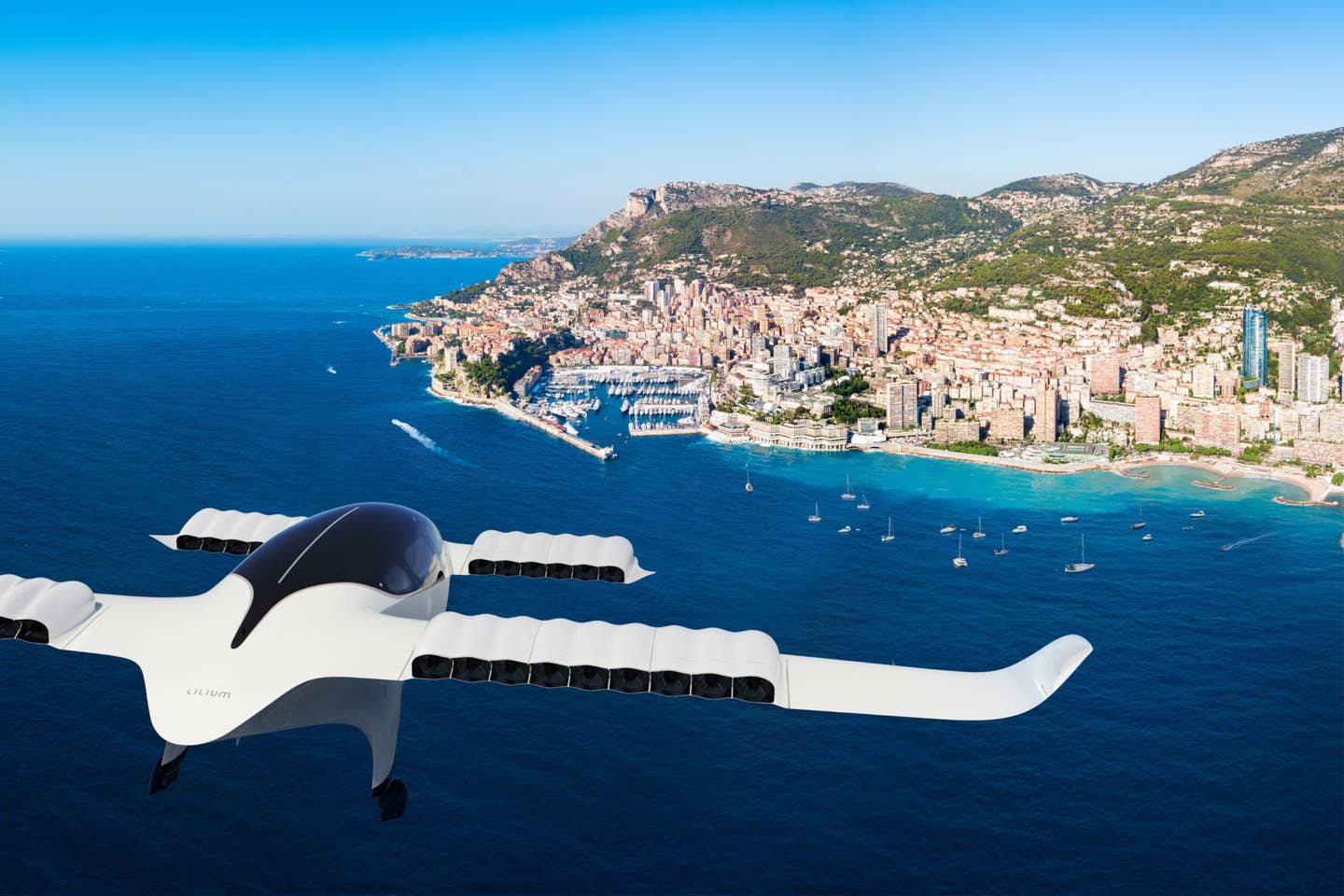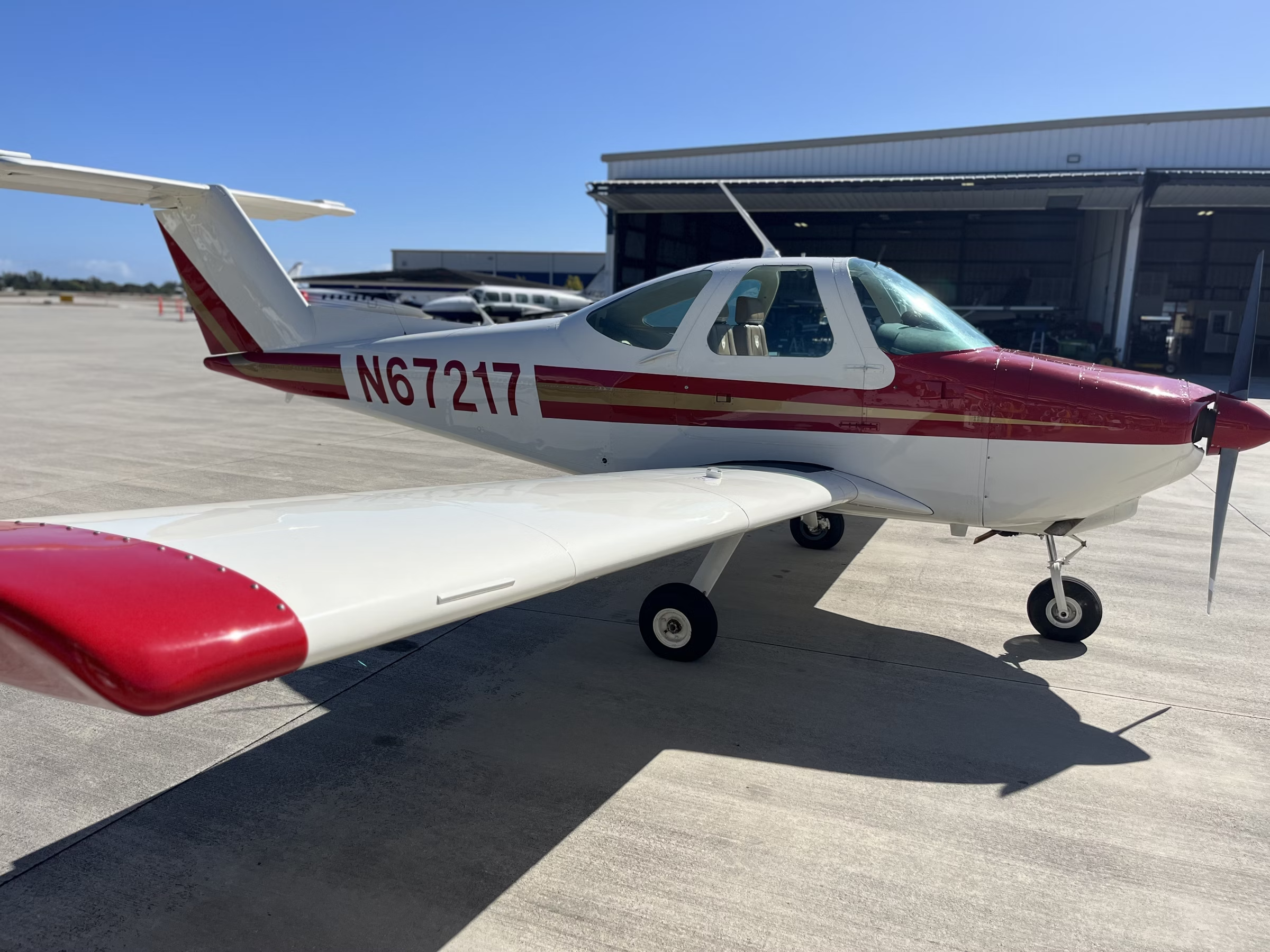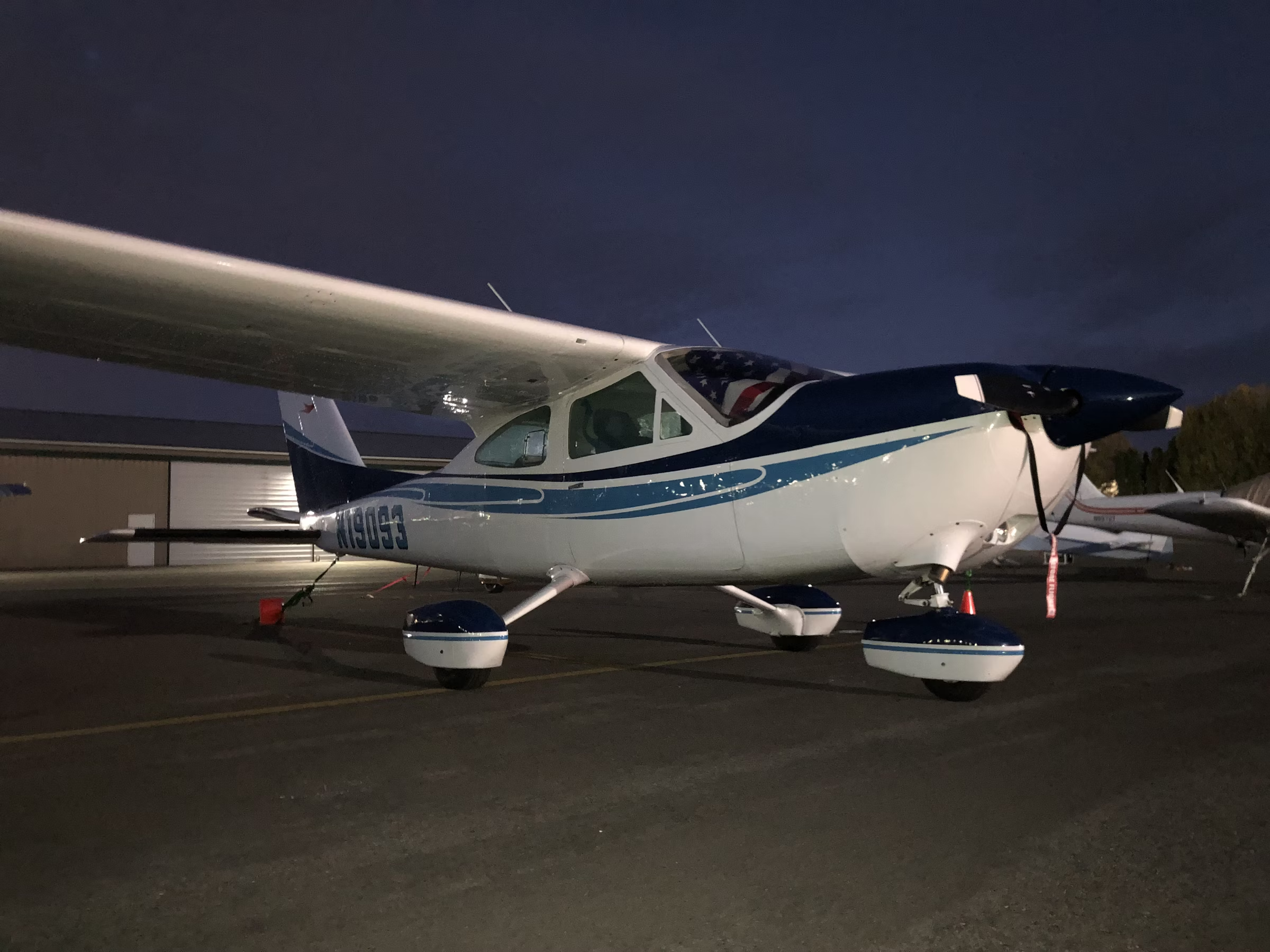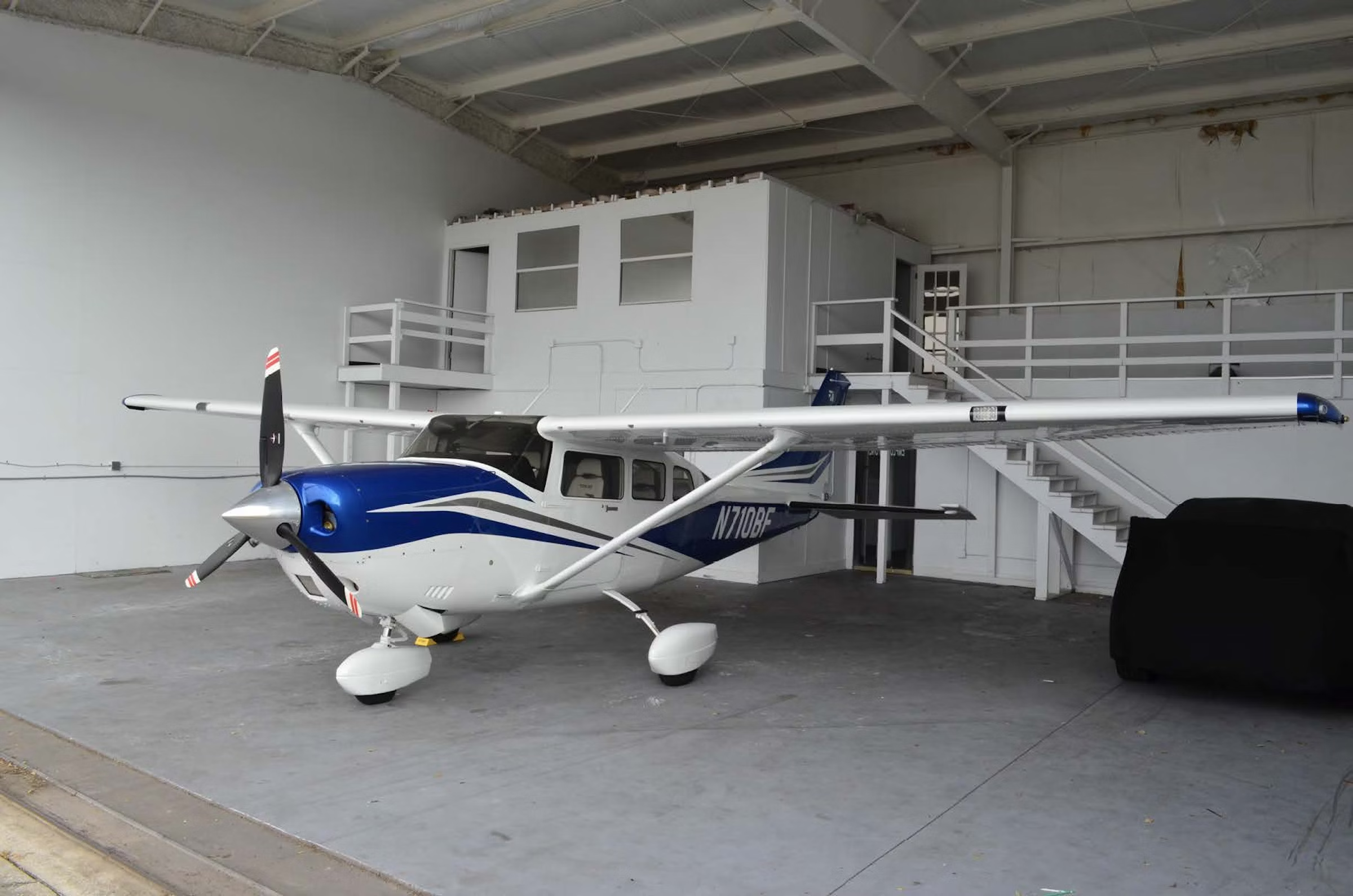Lilium Secures Partnership with GlobeAir for 12 eVTOLs
Under the agreement, GlobeAir intends to purchase 12 Lilium Jets to provide premium and business eVTOL flights to its customer base in the French Riviera and Italy.

Under the agreement, GlobeAir intends to purchase 12 Lilium Jets to provide premium and business eVTOL flights to its customer base in the French Riviera and Italy. [Courtesy: Lilium]
Germany-based electric vertical takeoff and landing (eVTOL) developer Lilium (NASDAQ: LILM) is partnering with private jet operator GlobeAir, who plans to purchase 12 of the aircraft for premium and business air taxi flights to its customer base in the French Riviera and Italy.
According to the eVTOL developer, GlobeAir will operate the Lilium Jets for first and last-mile service, transporting passengers to and from airports.
Though Lilium hasn’t published the list price for its Lilium Jet, its $1 billion deal with Brazilian airline Azul for 220 jets has placed the individual prices at approximately $4.5 million.
Neither Lilium nor GlobeAir disclosed the terms of the deal.
The Lilium Jet is designed to carry a pilot and six passengers. Its maximum takeoff weight is expected to be 7,000 pounds, with a range between 22 and 108 nm. At its maximum speed, it could cruise at 162 knots.
“The French Riviera and Italy are key markets, and we are confident that our shared commitment to innovation and partnership will result in a premium customer experience,” said Sebastien Borel, Lilium’s senior vice president.
Strategic Growth for GlobeAir
According to GlobeAir, partnering with Lilium is a part of a long-term strategic plan to improve sustainability and advance new technologies. It also said it viewed Lilium’s as the most advanced player in research and development in the eVTOL sector, prompting the company’s investment.
According to GlobeAir, partnering with Lilium is a part of a long-term strategic plan to improve sustainability and advance new technologies. It also said it viewed Lilium’s as the most advanced player in research and development in the eVTOL sector, prompting the company’s investment.
GlobeAir CEO Bernhard Fragner described Lilium as “changing how we think about aviation” and said his company was proud to partner with a startup.
At present, GlobeAir offers on-demand charter services to more than 900 airports. The company operates 21 jets and has 80 pilots that fly mostly abroad. In fact, 96 percent of its revenues come from flying across borders in Europe, the company says.
Next Steps for Lilium
The partnership announcement comes as Lilium reports advancements in its aircraft development. In May, FLYING reported that the developer announced its first main wing transition from hovering to horizontal flight in a full-sized demonstrator. At the time, Lilium said its demonstrator Lilium Jet aircraft, Phoenix 2, performed a full transition from hover to wing-borne flight on both the main and canard wings while flying at approximately 100 knots.
The company said this is significant because going from a powered vertical lift to an efficient wing-borne lift is tough. The test was conducted at the company’s test facility in Atlas, Spain.
“The fact that the canard and the wing transitioned smoothly is a historic technical achievement in itself,” Lilium later explained in a second-quarter shareholder letter.
It now plans to build its third demonstrator, Phoenix 3, for additional testing. The company hopes to achieve type certification under EASA (European Union Aviation Safety Agency) ahead of its plan to begin commercial service in 2025. Lilium has planned other launch networks in Germany, the U.S., and Brazil.

Sign-up for newsletters & special offers!
Get the latest FLYING stories & special offers delivered directly to your inbox






